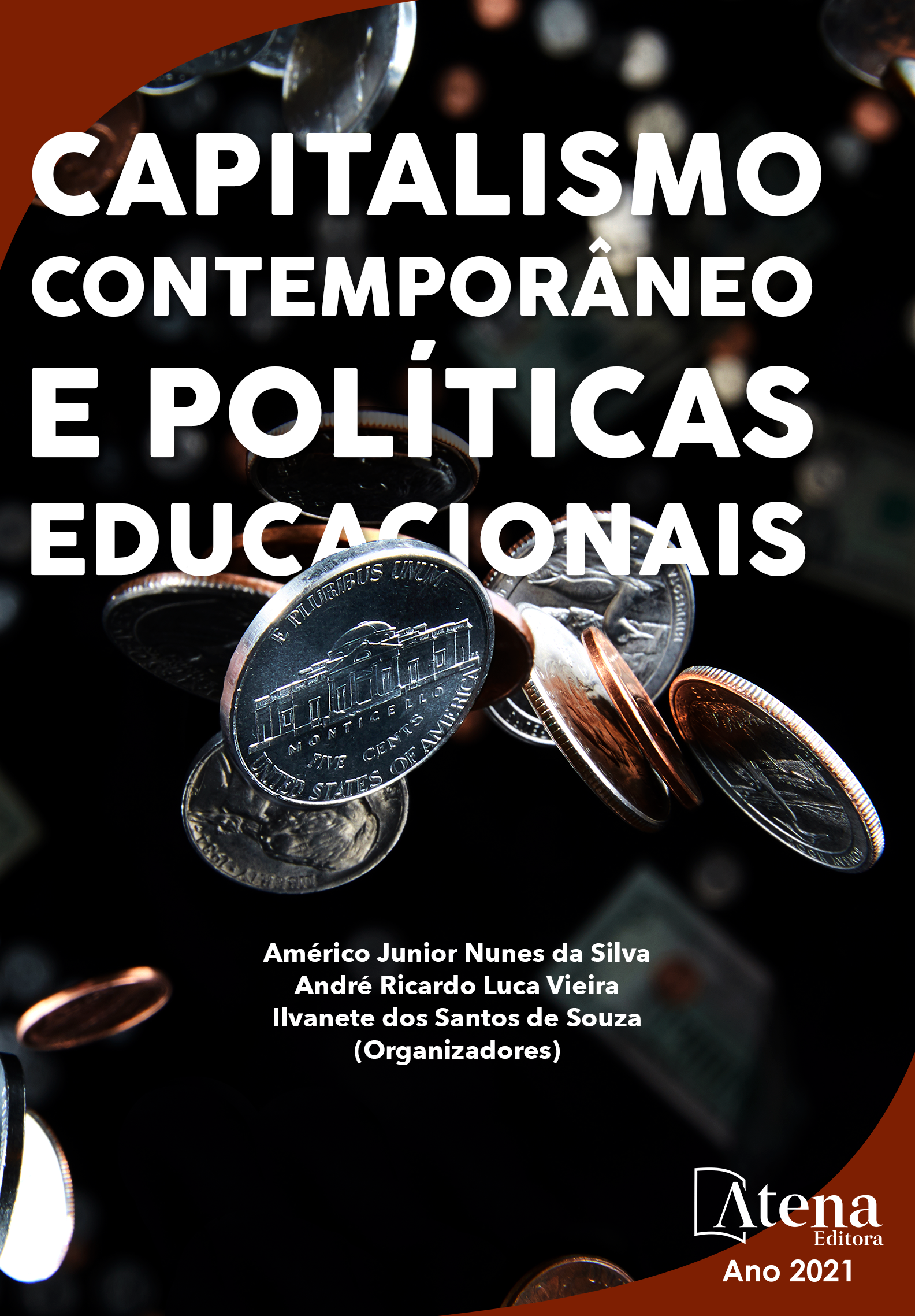
REPRESENTAÇÕES IMAGÉTICAS DO MEIO AMBIENTE PARTILHADAS POR ALUNOS DO ENSINO FUNDAMENTAL
Este artigo teve como objetivo analisar as representações sociais do meio ambiente partilhadas por alunos do ensino fundamental, através de textos imagéticos desenvolvidos pelos mesmos, a fim de estabelecer as relações de pertencimento e conhecimento sobre o tema. Esta pesquisa inscreve-se como exploratório-descritiva de cunho quali-quantitativo e foi realizada durante o momento AÇÃO em uma escola pública por três (03) licenciandos em Ciências Biológicas, que participaram do Programa Institucional de Apoio à Extensão - ProAEx/IFPI Subprograma Bolsas para Projetos de Extensão - PIBEX EDITAL PIBEX Nº 029/2018 – PROEX/IFPI. Para coleta de dados os alunos produziram textos imagéticos, antes e depois da Palestra alvo. Esses dados foram submetidos a uma Análise de Conteúdo, usando Unidades de Registro, caracterizadas por Palavras e Temas (FRANCO, 2008; BARDIN, 2016), bem como as contribuições de Manguel (2009), no que concerne as afirmações de que as imagens falam, narram, orientando uma nova vertente para análise de objetos sociais em representações. Nesse campo, o conceito imbricado de Representações Sociais esculpidos por Moscovici (1978, 2011, 2013) e Jodelet (2015) democratiza o cruzamento da linguagem verbal e não verbal na construção e partilhamento das informações veiculadas nos grupos sociais e que, como resultante, orientam os saberes sociais e suas práticas. Conclui-se que as informações oriundas do senso comum ou elaboradas com objetivos de aprendizagem, objetivam e ancoram as representações sociais, uma vez que os sujeitos representaram o meio ambiente em função das mesmas. No primeiro momento da AÇÃO, eles percebem o ambiente apenas como elementos da natureza e que a destruição da mesma é de responsabilidade atribuída aos outros. Após a Palestra instrutiva, eles se incluem como sujeitos do meio ambiente e se transformam em agentes ecológicos capazes de criar novas compreensões e agir por meio delas.
REPRESENTAÇÕES IMAGÉTICAS DO MEIO AMBIENTE PARTILHADAS POR ALUNOS DO ENSINO FUNDAMENTAL
-
DOI: 10.22533/at.ed.6782111067
-
Palavras-chave: Meio Ambiente, Representações Sociais, Textos Imagéticos
-
Keywords: Environment, Social Representations, Imaging Texts
-
Abstract:
This article aims to analyze the social representations of the environment shared by elementary school students, through imagery texts developed by them, in order to establish the relationships of belonging and knowledge about the theme. This research is part of a qualitative and descriptive exploratory-descriptive study and it was carried out during the ACTION moment in a public school by three (03) graduates in Biological Sciences, who participated in the Institutional Program for Support to Extension - ProAEx / IFPI Subprogramme Scholarships for Extension Projects - PIBEX EDITAL PIBEX Nº 029/2018 - PROEX / IFPI. For data collection students produced imagery texts before and after the target lecture. These data were subjected to a Content Analysis, using Registration Units which are characterized by Words and Themes (FRANCO, 2008; BARDIN, 2016;), as well as the contributions of Manguel (2009), regarding their claims that the images speak, narrate, guiding a new aspect for the analysis of social objects in representations. In this field, the imbricate concept of Social Representations sculpted by Moscovici (1978, 2011, 2013) and Jodelet (2015) democratizes the intersection of verbal and nonverbal language in the construction and sharing of information conveyed in social groups and which, as a result, guide social and social knowledge. your practices. It is concluded that information from common sense or elaborated with learning objectives, objectify and anchor social representations, since the subjects represented the environment in function of them. In the first moment of ACTION, they perceive the environment only as elements of nature and that its destruction is the responsibility of others. After instructional lecture, they include themselves as subjects of the environment and become ecological agents capable of creating new understandings and acting through them.
-
Número de páginas: 13
- Francisca de Fátima de Lima Sousa
- João Pedro Cardoso de Macedo
- Dinalva Clara Monteiro Santos Silva
- Wyadyson Francisco de Sousa Maciel
- Dálet Helen Vasconcelos Veras Lima


